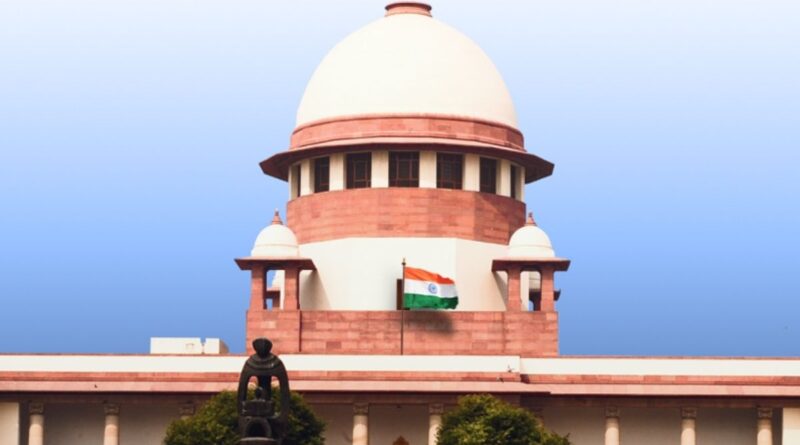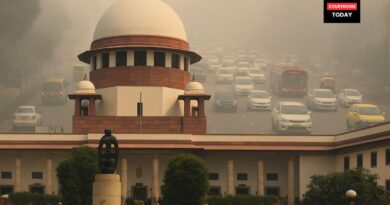Supreme Court: Cash Loans Above ₹20,000 Still Valid for Cheque Bounce Cases
The Supreme Court has ruled that a cash loan of more than ₹20,000 does not automatically become unenforceable under Section 138 of the Negotiable Instruments Act (NI Act), even if it violates Section 269SS of the Income Tax (IT) Act.
A Bench of Justices Manmohan and NV Anjaria set aside a Kerala High Court ruling which had held that such loans were not legally enforceable. The top court clarified that breaching Section 269SS of the IT Act only invites a penalty under Section 271D and does not make the loan illegal or void.
The Court stated that neither Section 269SS nor Section 271D of the IT Act declares such cash transactions invalid. Therefore, such loans can still be considered legally enforceable debts under the NI Act, and dishonoured cheques issued against them can lead to prosecution.
The Supreme Court also agreed with a Karnataka High Court ruling that magistrates do not need to issue summons to accused persons before taking cognisance of cheque bounce cases under Section 138 NI Act.
While hearing an appeal against a Bombay High Court order, the Bench criticised trial courts for treating cheque dishonour cases like civil recovery suits by demanding proof of debt at the initial stage. The Court emphasised that this practice delays trials and undermines the credibility of cheques.
Highlighting the burden on the judiciary, the Court noted that in Delhi nearly half of all trial court cases are cheque bounce matters. To address the massive backlog and ensure speedy disposal, the Supreme Court issued several directions:
- Service of summons: Summons must not only be sent by the usual methods but also served dasti (through the complainant) and electronically (e-mail, WhatsApp, etc.). Complainants must provide the accused’s contact details with an affidavit.
- Online payment: Each District Court must create QR code/UPI payment systems. Accused persons may pay the cheque amount directly at the initial stage, and if confirmed, courts can close the case swiftly.
- Early settlement: Courts should encourage compounding of offences and record responses from accused persons at the very first stage. Questions such as admission of signature, ownership of account, and liability must be answered upfront.
- Summary trials: Cases should ordinarily be tried summarily. If converted to summons trial, courts must record proper reasons. Courts may also order interim deposits under Section 143A NI Act.
- Affidavit of service: Complainants must file proof of service. False affidavits can attract legal action.
- Physical hearings: After summons are served, matters must be listed before physical courts to promote settlement. Digital courts may be used before service.
- Evening courts: High Courts must revise the pecuniary limit for evening courts (e.g., Delhi’s current ₹25,000 cap was termed too low).
- Dashboard monitoring: District Judges in Delhi, Mumbai and Calcutta must maintain dashboards to track pendency, disposal, adjournments, and settlements in NI Act cases. These will be reviewed monthly, and quarterly reports will be sent to the High Court. Committees of Chief Justices must also oversee speedy disposal, encourage mediation, and use Lok Adalats.
The Court stressed that cheques remain an important substitute for cash in commerce and that their credibility must be preserved by ensuring quick and effective resolution of dishonour cases.





